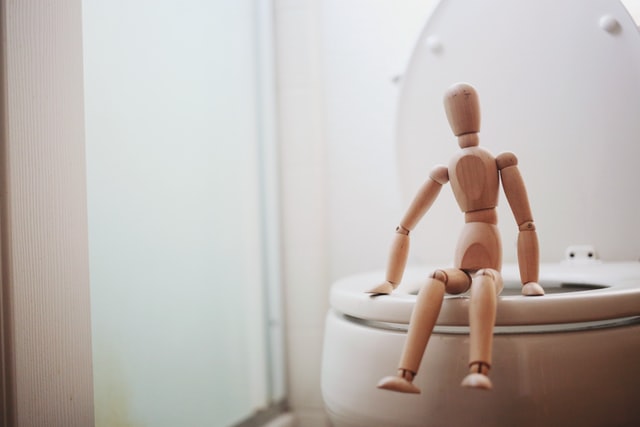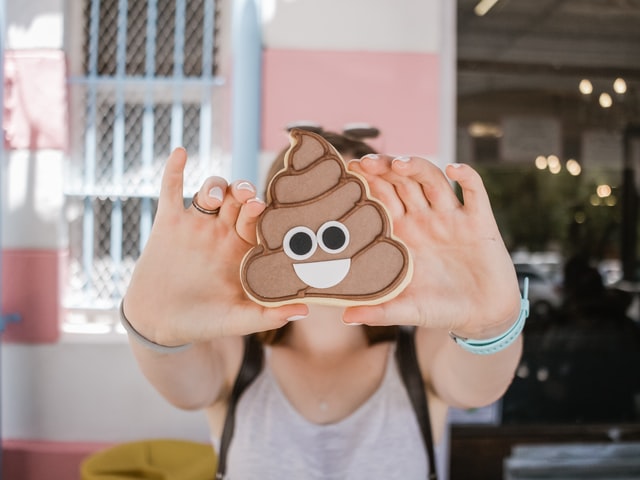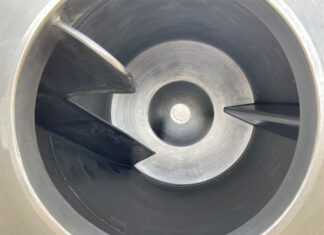Apart from sex, it is difficult to find a more intimate activity in our lives than using the toilet for a long time. How often should you poop?
You enter the toilet, lock the door, try to be as quiet as possible, and when leaving, carefully remove all traces – including smells – of what you just did. It’s like you’re committing a crime. And you know what? You did indeed. You destroyed the tracks. The temptation to rinse the remains of the day before yesterday’s dinner as soon as possible makes you lose the opportunity of a free test that can tell a lot about your health.
Frequent bowel movements may not always be a sign of illness. According to doctors, defecation 3-4 times a day is within normal limits. If the consistency, shape and color of the stool are normal, and the bowel movement is not accompanied by abdominal pain or weakness, there is no reason to worry. However, if the feces have a loose or watery form, it is probably acute or chronic diarrhea (if this condition lasts more than 4 weeks). Then, frequent, loose stools can be a symptom of the disease.
The rhythm counts
You probably have wondered if you accidentally do it too often or too rarely. According to Japanese research, the “norm” is quite extensive – from three times a day to once every three days. So if you are within these limits, everything is fine.

Don’t underestimate the pain
Some parts of the body may, e.g. the heart or liver, begin to deteriorate without any symptoms. The anus is different. Every problem is immediately felt. The anus and the end section of the colon are one of the most innervated parts of the body because they need to recognize if it’s gas or solid and decide if the sphincters can release it or better not.
Shades of brown
The color of what goes to the shells should belong to the brown palette. If it is different, you probably either ate something that color strongly (e.g. beetroot), or you take medications that affect the color (e.g. antibiotics). This is the better scenario. Unfortunately, it can also be worse. If the color seems strange to you and you can’t relate it to anything you have eaten or consumed, you better tell your doctor.
You’d better not delay
When you feel it is time to find a toilet, you better look for it. Holding the pressure causes the stool to return from the rectum (about 10 cm long) to the sigmoid colon, where the water recovery process begins again, and next time it will be harder for you to squeeze something out.
Frequent bowel movements – causes
Coffee
Caffeine contained in coffee is irritating to the walls of the large intestine and may cause increased intestinal passage. Therefore, frequent drinking of coffee (especially on an empty stomach) can provoke bowel movements.
A diet high in fiber
If you have no problems with your digestive system (e.g. defecation), and still have a diet high in fiber (especially insoluble), you may complain of frequent faeces. Whole-grain cereal products, coarse cereals, as well as raw fruit and vegetables increase the intestinal passage and may increase the frequency of bowel movements.












